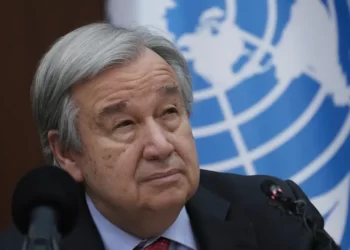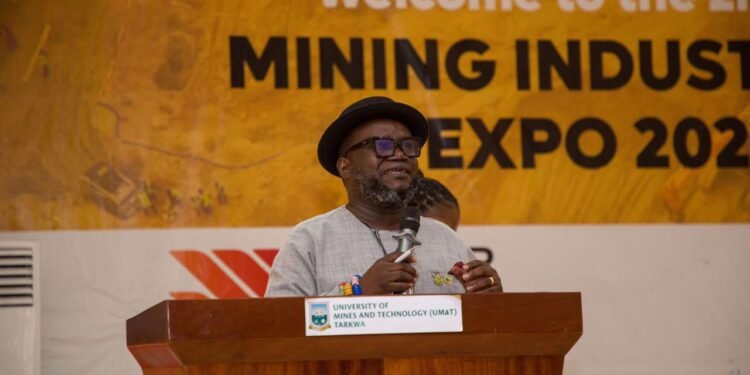The World Health Organization (WHO) has issued a warning over the escalating health emergency in Sudan, where war between rival militaries continues to plunge the country deeper into chaos.
As conflict rages and humanitarian conditions deteriorate, the UN health agency has called for urgent international support to prevent the collapse of essential health services and contain the spread of deadly diseases.
In a recent report, WHO highlighted the alarming toll of the war that erupted in April 2023, noting that widespread violence, displacement, and a crumbling health system have created the conditions for mass outbreaks. “The ongoing conflict and displacement, in addition to fragile health infrastructure and limited access to affected populations, pose a risk of mass disease transmission,” the organization stated, emphasizing the critical need to bolster disease surveillance, strengthen outbreak responses, and sustain life-saving medical services.
The war has now displaced more than 14.5 million people — 10.5 million within Sudan itself and another four million who have fled to neighboring nations such as Egypt, Chad, Ethiopia, South Sudan, Libya, and the Central African Republic. According to the United Nations, this marks the world’s largest displacement crisis.
Inside Sudan, the conflict has led to the collapse of basic services and infrastructure, sparking a surge in communicable diseases such as cholera and measles. The already fragile health system is buckling under the pressure, and medical aid groups face immense challenges reaching affected communities.
In a press briefing from New York, UN Spokesperson Stéphane Dujarric painted a grim picture of the worsening health emergency, particularly in the state of Khartoum. “The cholera outbreak in Khartoum state is worsening at an alarming rate,” he reported, noting that cases have surged by 80 percent in the past two weeks alone.
Dujarric stressed the need for “increased, flexible and timely funding to scale-up the humanitarian response, as well as unimpeded access via all necessary routes, so that aid workers can reach people in need wherever they may be.”

Refugee Camps Struggle Amid Crisis
The health crisis has spilled beyond Sudan’s borders, straining already limited resources in host countries. As of May 7, Egypt had received 1.5 million Sudanese refugees since the outbreak of war.
Though the country has expanded healthcare services to accommodate them, Sudanese nationals are often burdened by higher healthcare costs under Egypt’s Universal Health Insurance system. WHO Egypt is working alongside government agencies to improve access for the most vulnerable.
In Chad, the situation is increasingly dire. Over 726,000 refugees have arrived in four eastern provinces, already dealing with multiple humanitarian emergencies. Refugees there face a dangerous mix of disease and malnutrition. Malaria, measles, hepatitis E, and severe acute malnutrition are widespread, with over 657,000 malaria cases and 314 deaths reported so far this year.
South Sudan, another key destination for those fleeing the violence, has received more than 1.5 million refugees and returnees, including 352,000 Sudanese. However, the fragile health system in South Sudan, already under pressure from internal conflict, has been unable to cope.
Attacks on healthcare facilities have hampered response efforts, while hunger and cholera are on the rise. Over 7.7 million people in South Sudan now face severe food insecurity, and cholera has claimed over 1,000 lives out of more than 54,800 cases since late September.
Despite severe funding shortfalls and mounting logistical hurdles, WHO and its partners remain on the ground, delivering critical support. Their efforts include the operation of 136 nutrition stabilization centers, the distribution of medical supplies, support for cholera treatment facilities, and initiatives to restore damaged health infrastructure.
The WHO has urgently appealed for sustained international support to prevent further deterioration of what it calls one of the world’s “gravest humanitarian and public health emergencies.”
READ ALSO: Veteran Journalist Nana Kwasi Gyan-Apenteng Passes On






















